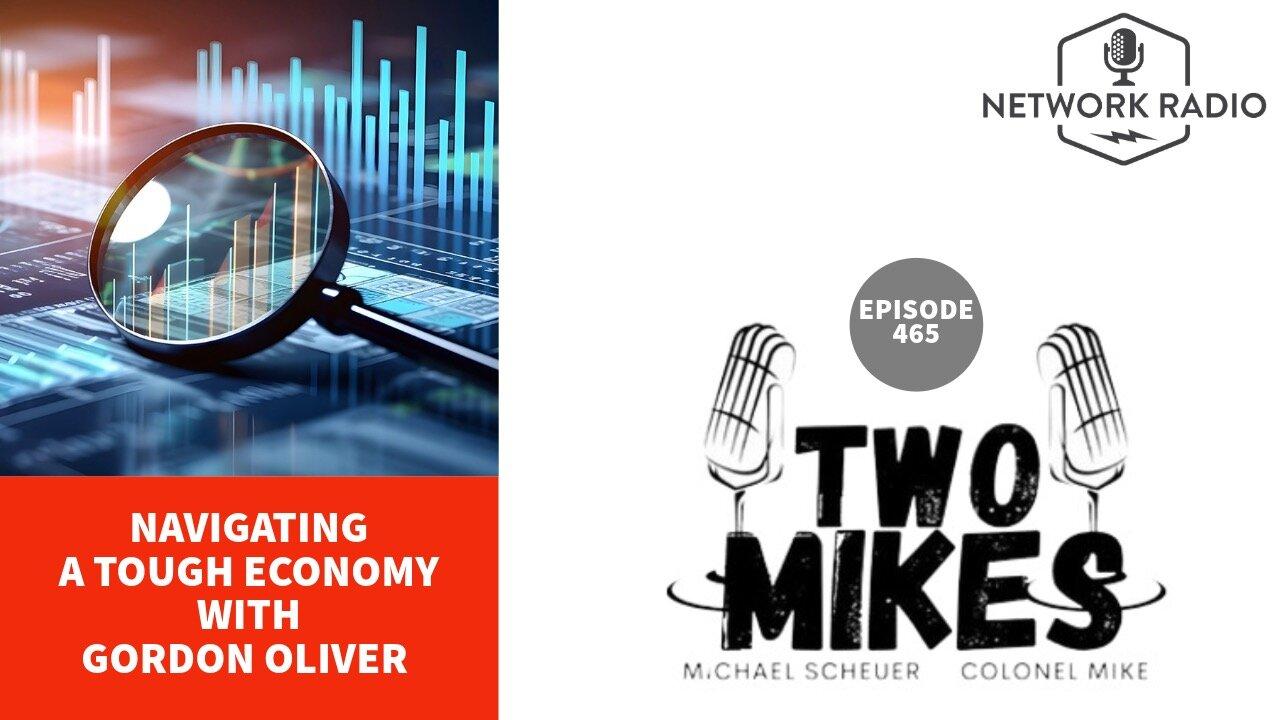
Today,The Two Mikesagain spoke toGordon OliverfromCambridge Credit Counseling.
Mr. Oliver, frank as always, said that the signs of more economic problems for those with debt problems have not wholly abated.
The nation's credit card debt has increased to 1.3 trillion and college-loan debts have increased to $1.92 trillion.
In addition, in the past year 40-percent of Americans have dipped into their retirement funds to avoid foreclosures.
On the school loans, Mr. Oliver noted that the government's new move to "forgive" $11 billion dollars for public employees at all levels of government -- which of course came at a time Biden is desperate for votes in any place he can find him -- ends on 30 April 2024, and even those public employees who were refused forgiveness on the first try can apply again and see if they can follow the required application process.
Mr. Oliver also said that, at the moment, the single worst investment a consumer can make is to purchase an automobile -- which loses 25-percent of its value the moment you drive it off the lot.
Needless to say, the interest rates on car loans also are through the roof.
As to the future, Mr. Oliver said that while the economic and financial impact of the COCID debacle are about finished, there still probably are rough waters ahead, and, as always, people must take responsibility for themselves to plan their economic future.
The place to start is by putting together a spending plan (budget) that details your expenses, see where that can be reduced, and then do your best to stick to that plan.
That is where Cambridge Credit counseling can help.
Cambridge is a non-profit NGO and has helped a large number of people to create such plans, and they do so at no charge to the consumer.
No one can know for sure how rough future economic times will be, but a commonsense spending plan, or budget, is an important tool to have ready to face the future, come what may.

